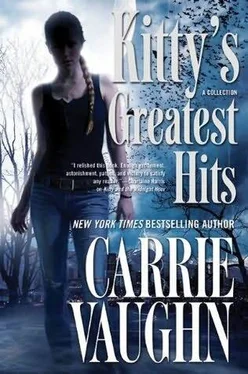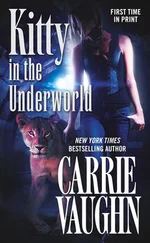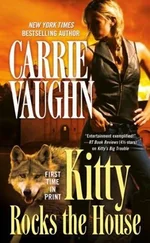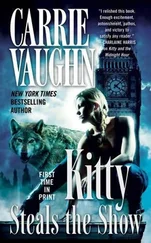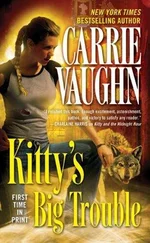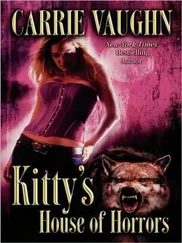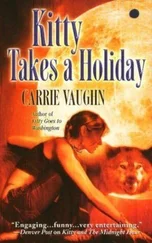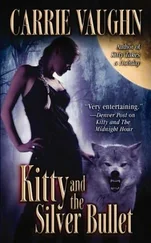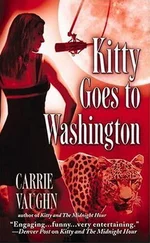This expedition should have made the fortune of Ricardo, a third son of a minor nobleman. Now, though, he was thirsty, near to starving, and had just killed a boy who had come at him with nothing but a stone club. His dark beard had grown unkempt, his hair long and ratted. Sand had marred the finish of his helmet and cuirass. No amount of wealth seemed worth the price of this journey. Rather, the price he was paying had become so steep it would have taken streets paved with gold in truth to restore the balance. What was left, then? When you had already paid too much in return for nothing?
Ricardo had sold himself for a mouthful of dust.
* * *
Ten years passed.
It was dark when Ricardo rode into the main plaza at Zacatecas. Lamps hung outside the church and governor’s buildings, and the last of the market vendors had departed. A small caravan of a dozen horses and mules from the mine was picketed, awaiting stabling. The place was hot and dusty, though a cool wind from the mountains brought some refreshment. Ricardo stopped to water his horse and stretch his legs before making his way to the fort.
At the corner of the garrison road, a man stepped from the shadows to block his path. His horse snorted and planted its feet. Ricardo’s night vision was good, but he had trouble making out the figure.
“Don Ricardo? I was told you were due to return today,” the man said.
Ricardo recognized the voice, though it had been a long time since he’d heard it. “Diego?”
“Ah, you do remember!”
He’d met Diego in Mexico City, where they’d both listened to the stories of Cibola and joined Coronado’s expedition. Side by side they’d ridden those thousands of miles. They’d both grown skinny and shaggy, and, on their return, Diego had broken away from the party early to seek his own fortune. Ricardo hadn’t seen him since.
“Where have you been? Come into the light, let me look at you!”
A lamp shone over the doorway on the brick building on the corner. Ricardo touched Diego’s shoulder and urged him over. His old compatriot turned, but didn’t move from the spot. Ricardo squinted to see him better. Diego had not changed much in the last decade. If anything, he seemed more robust. He had a brightness to him, a sly smile, as if he had come into some fortune, discovering what the rest of them had failed to attain. His clothing, a leather doublet, breeches, and sturdy boots, were worn but well made. His hair and beard were well kept. He wore a gold ring in one ear and must have seemed dashing.
“You look very well, Diego,” Ricardo said finally.
“And you look tired, my friend.”
“Only because I have ridden fifteen miles today over hard country.”
Diego grimaced. “Yes, playing courier for the garrisons along the road to Mexico City. How do you come to do such hard labor? It’s not fit for one of your station.”
Typical hidalgo attitude. Ricardo was used to the reaction. Smiling, he ducked his gaze. “The work suits me, and it won’t be forever.”
“Hoping to earn your way to a land grant? A silver mine of your very own, with a fine estancia and a well-bred girl from Spain to marry and give you many sons? So you can return to Spain a made man?” Diego spoke with a mocking edge.
“Isn’t that the dream of us all?” Ricardo said, spreading his arms and making a joke of it. He really was that transparent, he supposed. Not dignified enough to lead the life of dissolute nobility like so many others of his class. Too proud and restless to wait for his fortune to find him. But the secret that he told no one was that he didn’t want to leave and take his fortune back to Spain. He had come to love this land, the wide desert spaces, green valleys ringed by brown mountains, hot sun and cold nights. He wanted to be at home here.
Diego stepped close and put a hand on Ricardo’s arm. “I have a better idea. A great opportunity. I was hoping to find you, because I know no one as honest and deserving as you.”
The schemes to easy wealth were as common in this country as cactus and mountains. Ricardo was skeptical. “You have found some secret silver lode, is that it? You need someone in the government to push through the claim, and you’ll give me a percentage.”
Diego’s smile thinned. “There is a village a day’s ride away, deep in the western hills. The land is rich, and the natives are agreeable. A Franciscan has started a church there, but he needs men to lead. To make their mark upon the land.” He pressed a folded square of paper into Ricardo’s hand. A map, directions. “You are a good, honest man, Ricardo. Come and help us make a respectable town out of this place. And reap the rewards for doing so.”
Such a village should have fallen under the governor of Zacatecas’s jurisdiction. Ricardo would have heard of a priest in that region. Something wasn’t right.
“I still dream of gold, Ricardo,” Diego said. “Do you?”
“The Cities of Gold never existed.”
“Not as a place. But as a symbol—this whole continent is a Cibola, waiting for us to claim it.”
“Just as we did the last time?” Ricardo said, scowling.
“But you’ll come to this village. I’ll wait for you.”
Diego patted Ricardo on the shoulder, then slipped back into shadows. Ricardo didn’t even hear him go. Thoughtful, worried, Ricardo made his way to the fort for the evening.
* * *
Ricardo followed Diego’s map into the hills, not because he was lured by the promise of easy wealth, but because he wanted to discover what was wrong with the story.
The day was hot, and he traveled slowly, keeping to shade when he could and resting his horse by dismounting and climbing steep hills alongside it. He followed the ridge of mountains and hoped he had not lost the way.
Then he climbed a rise that opened into a valley, as Diego had described. A large pond, probably filled by a spring, provided water, and fruit trees grew thickly. A meadow covered the valley floor, and Ricardo could imagine sheep or goats grazing here or crops growing. Much could be done with land like this.
A small village sat a hundred yards or so from the pond. The Franciscan’s church was little more than a square cottage made of adobe brick, with a narrow tower. Wood and grass-thatched huts gathered around a dusty square.
No people were visible, no hearth fires burned. Not so much as a chicken scratched in the dirt. Four horses grazed in the meadow beyond the village. They glanced at Ricardo, then continued grazing. Riding into the village, he shouted a hail, which fell flat, as if the empty settlement absorbed sound. Dismounting, he left his horse by a trough that was dry.
A smarter man might have traveled with a troop of guards, or at least servants to ease his way. He had thought it easier to travel alone, learn what he could, and return as quickly as possible to report this to the governor. Now, the skin of his neck crawled, and he wondered if he might need a squad of soldiers before the day was through. He kept his hand on the hilt of his sword slung on his belt.
He went into the chapel.
The place might have been new. A few benches lined up before a simple altar. The wood was freshly cut, but they seemed to have been poorly built: rickety legs slotted into flat boards. Those seated would have to be careful if they didn’t want to tumble to the dirt floor.
In front, the wood altar was bare, without even a cloth to cover it. No cross hung on the wall. The place had the sickly beeswax candle smell that imbued churches everywhere. At least that much was familiar. Nothing else was. He almost hoped to find signs of violence, because then he’d have some idea of what had happened here. But this … nothing … was inexplicable.
Читать дальше
